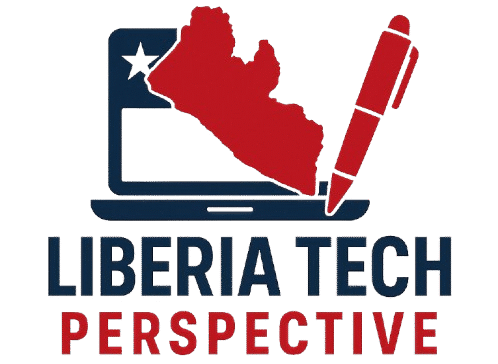In Liberia, access to affordable communication services remains a challenge for many citizens. High domestic call and internet charges hinder economic growth, education, and social connectivity. To foster national development, it is crucial to implement strategies that reduce these costs and make telecommunications services more accessible.
One key approach is promoting competition among service providers. The Liberian government and regulatory bodies, such as the Liberia Telecommunications Authority (LTA), should encourage new market entrants and enforce fair pricing regulations. More competition can lead to lower prices and improved service quality.
Additionally, reducing taxes and regulatory fees on telecom companies can help lower consumer costs. Many service providers pass high operational expenses onto customers, making it necessary for the government to review tax policies affecting the industry.
Investing in infrastructure is another critical factor. Expanding fiber-optic networks and improving mobile connectivity can reduce operational costs for telecom companies, allowing them to offer cheaper services. Public-private partnerships (PPPs) can accelerate these improvements and ensure nationwide coverage.
Furthermore, consumer awareness is essential. Encouraging users to compare plans and advocating for fair pricing through consumer rights groups can put pressure on telecom providers to lower their rates.
By implementing these measures, Liberia can create a more affordable and accessible telecommunications environment, fostering economic opportunities and improving the quality of life for its citizens.
Challenges Leading to High Telecom Costs
Several factors contribute to the high cost of calls and internet services in Liberia. One of the main reasons is limited competition in the telecommunications sector. When only a few service providers dominate the market, they set prices without the pressure of competition to lower rates.
Another major challenge is high operational costs for telecom companies. Infrastructure development, equipment maintenance, and high taxation by the government all increase the expenses for service providers. These costs are then passed on to consumers, making call and internet charges expensive.
Additionally, inadequate infrastructure, such as limited fiber-optic connectivity and poor network coverage in rural areas, results in inefficient service delivery and higher prices. Without widespread infrastructure, service providers must rely on expensive alternatives, such as satellite technology, which increases the overall cost of providing telecom services.
Strategies to Reduce Call and Internet Charges
To address these challenges and reduce domestic call and internet charges in Liberia, several key strategies can be implemented:
1. Increase Market Competition
One of the most effective ways to lower prices is to encourage competition in the telecommunications sector. The Liberia Telecommunications Authority (LTA) should facilitate the entry of new service providers and ensure fair competition. More market players can lead to price reductions and improved service quality as companies strive to attract and retain customers.
2. Reduce Government Taxes and Fees
The government should consider reducing the high taxes and regulatory fees imposed on telecom companies. Lowering these costs can encourage service providers to reduce their charges for consumers. Additionally, tax incentives can attract foreign investors who may introduce more affordable services.
3. Invest in Telecommunications Infrastructure
Expanding and upgrading telecommunications infrastructure is essential to reducing costs. The government, in partnership with the private sector, should invest in fiber-optic networks, mobile towers, and broadband expansion. Improved infrastructure leads to more efficient and cost-effective service delivery, which can translate into lower consumer prices.
4. Promote Public-Private Partnerships (PPPs)
Collaboration between the government and private companies can accelerate infrastructure development and improve service delivery. PPPs can provide the necessary funding and technical expertise to expand network coverage, especially in rural areas where connectivity is limited.
5. Strengthen Consumer Protection and Awareness
Consumers must be educated on their rights and available service options. By encouraging people to compare pricing plans and demand fair pricing, there can be more pressure on telecom providers to offer competitive rates. Regulatory bodies should also monitor service providers to ensure that pricing remains fair and reasonable.
Conclusion
Reducing domestic call and internet charges in Liberia is essential for national development. By promoting competition, reducing taxes, investing in infrastructure, and enhancing consumer protection, Liberia can create a more affordable and accessible telecommunications sector. These measures will not only improve communication but also drive economic growth, expand digital access, and enhance the quality of life for all Liberians.



